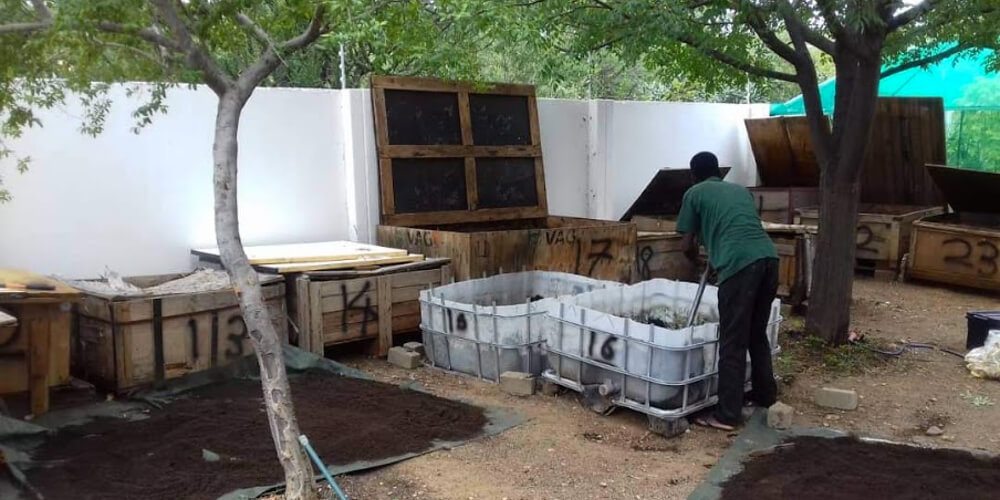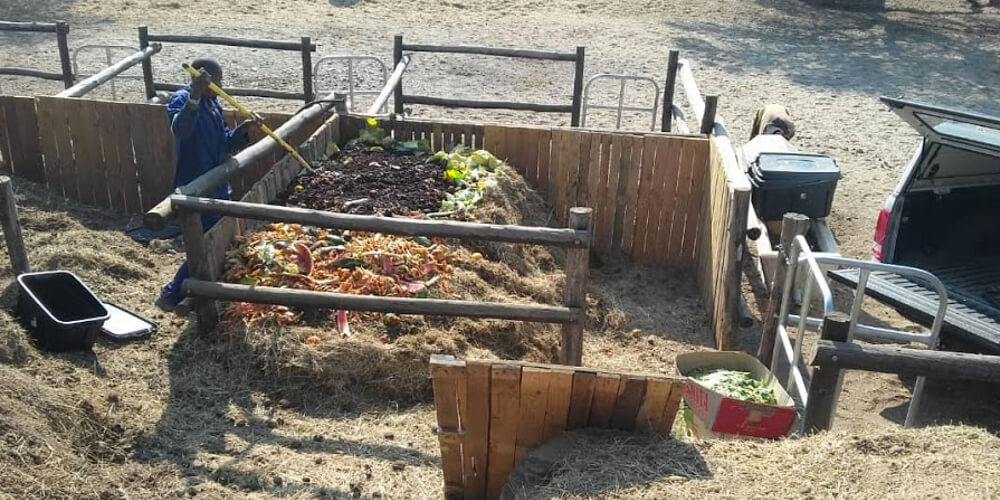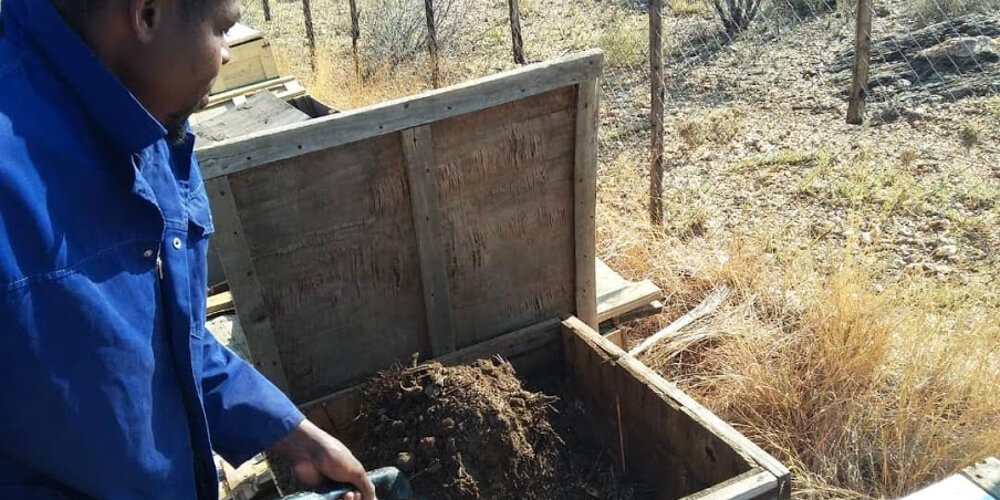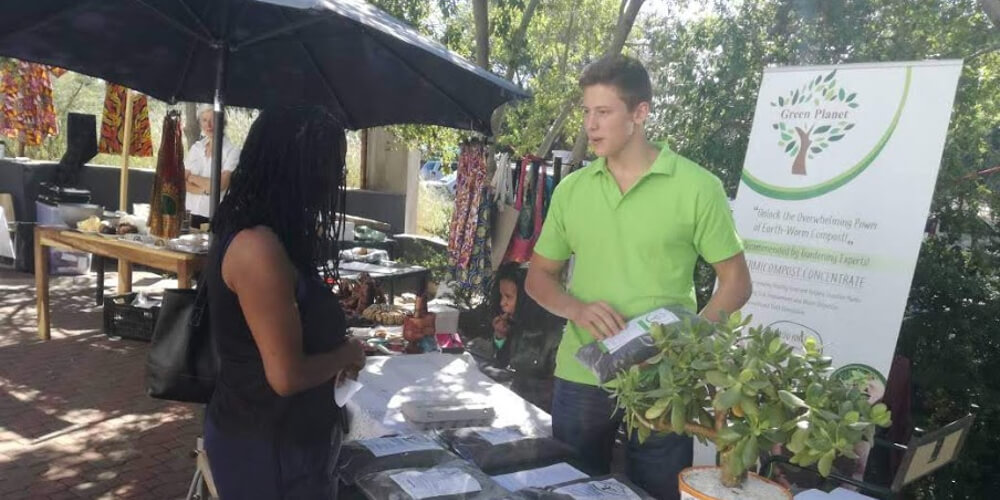The Green Blog
Thoughts, views and musings around Ecological challenges and solutions
Have you ever wondered what a “truly green” garden looks like? The eco-friendly, water saving environment protecting type of superhero garden? Well – you are about to find out! Here we talk a lot about the importance of “truly green” gardens. I mean – that is what Green Planet Gardening is all about in the first place.
But how and where do you get started? Honestly, thanks to a combination of ethically-sourced materials and innovative technology, growing a garden that makes every owner proud is not even that difficult! The following steps will enlighten this topic a bit – that’s some simple 4 Steps you can do to turn your garden into a superhero that is healthy, natural and keeps our planet green.

Tip #1 - Recycle & Reuse Materials
Recycled materials give you the chance to be more creative and give your garden some character.
Just be on the lookout for “junk” that you can use in your garden. That will also give it a great vintage look – and who doesn’t like a bit of vintage in their garden?

Tip #2 - Save Water
Clever cost-cutting irrigation helps too. Don’t use a sprinkler on the garden – water the roots of plants without wasting it on the leaves with a dripping system. Also make sure that you repair leaky pots for plants and use some water saving methods of gardening, such as wicked beds (click here to learn how to build one). Wicked beds for instance can save up to 80% of water! All while making your plants grow even faster!

Tip #3 - No More Chemicals
Believe it or not – there are MANY methods out there to keep insects and bugs from feasting on your beloved garden. You cannot just save some money here, but you can truthfully say that your garden is ALL NATURAL!
There is a great article here where you can read up all kinds of helpful strategies.

Tip #4 - Improve Your Soil
Last, but CERTAINLY not least – make sure your soil is eco-friendly. Yes, you heard correctly – you can actually harm the environment quite a lot just by buying any gardening soil, compost and fertiliser you find on the shelf. Most composts out there are unfinished. They are not fully decomposed and therefore not that helpful for the plant. In some cases they are even harmful for soil and ground water.
Same counts for manure. I know, I know – manure is cheap and “gets the job done”. That’s what many people think. But actually the use of non-composted manure in agriculture is one of the biggest environmental problems out there, because many of its substances can become toxic in that amount.
And additionally – a fair portion of these unfinished materials can’t even be used by the plants. They first have to break down further, which may take a long time.
